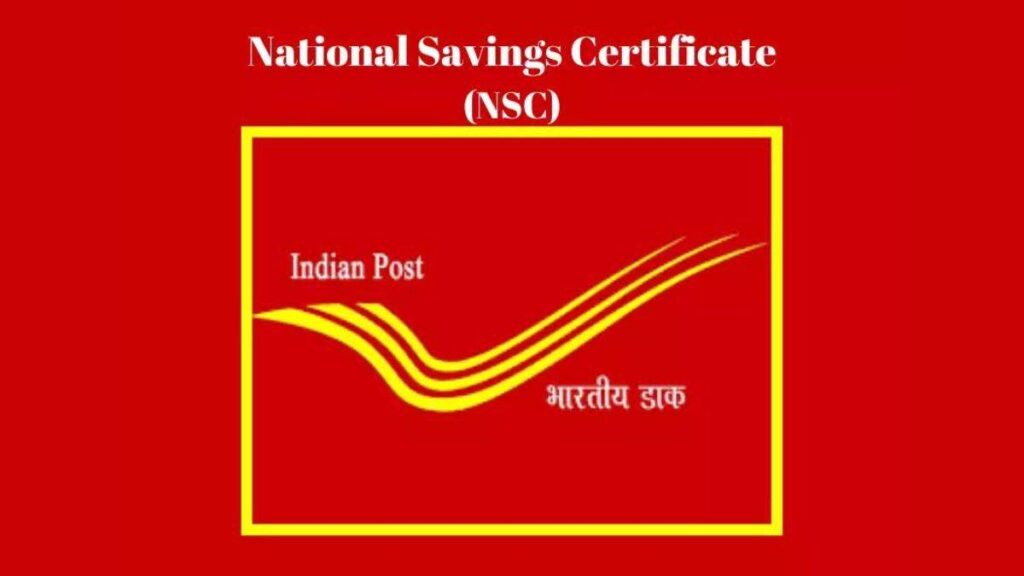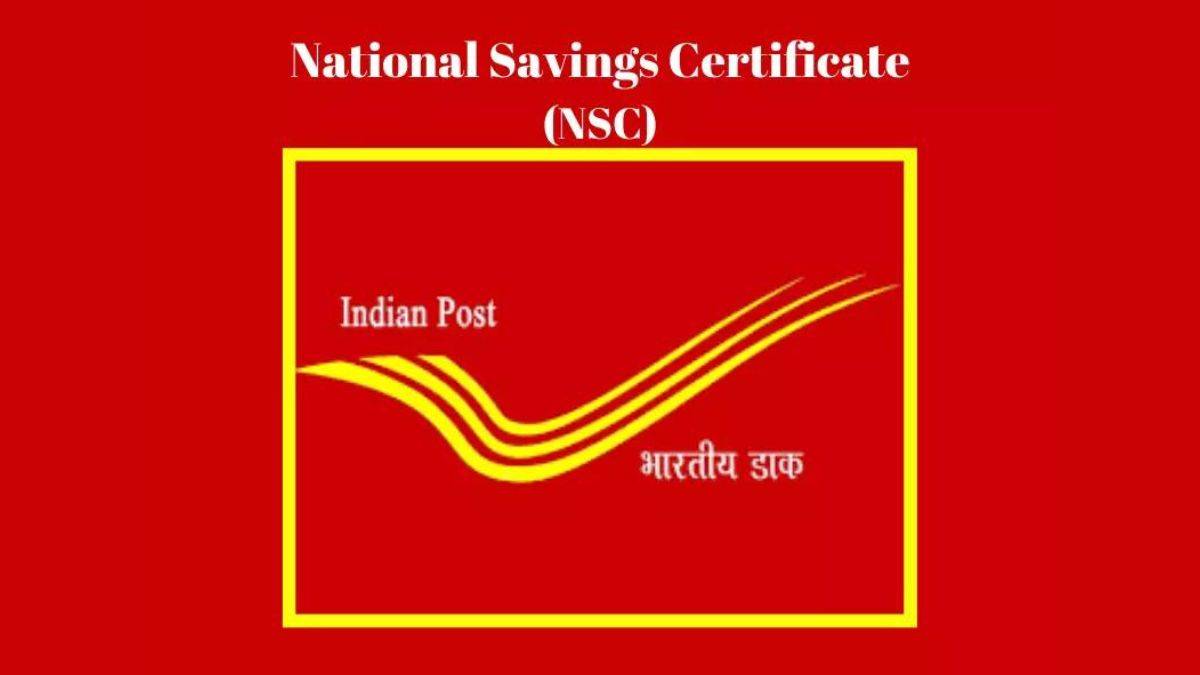NSC(national savings certificate), is investment scheme introduced by Government of India in 1989, for low income citizens of India, in which if you invest, you will get 21 lakh rupees in 5 years. Today’s blog is about very popular scheme of post office.
You can open a joint account with another adult, invest in NSC(national savings certificate) in your name, or invest in it for a minor from the closest post office. Five years is the fixed maturity time associated with NSC. The acquisition of NSCs is not subject to a maximum limit.
| NSC: | Key Points |
| Interest Rate | 7.7% per annum |
| Lock-in Period | 5 Years |
| Minimum Investment | Rs.1,000/- |
| Risk | Very Low Risk |
| Tax Benefits | Section 80C allows up to Rs. 1.5 lakh. |

History of What is NSC(national savings certificate),
The Ministry of Finance reviews NSC Interest Rates on a regular basis, and adjustments are made each quarter. The annual compound interest on NSC is paid out upon maturity.
Who should invest in NSC(national savings certificate)
Investing in NSC is an option for anyone seeking a secure way to grow their money, get a consistent return, and reduce their tax burden. Along with total capital protection, NSC guarantees interest. They are unable to produce returns that beat inflation, nevertheless, much like the National Pension System and tax-advantaged mutual funds, like the majority of fixed income plans.
As an individual savings plan, the government has pushed the National Savings Certificate. Which means that trusts and Hindu Undivided Families (HUFs) cannot invest in it. NSC certificates cannot even be purchased by non-resident Indians (NRI). Only individual Indian citizens are eligible for the program.
The Indian government supports the NSC(national savings certificate), or NSC, as a fixed-income investment plan. Small and medium-income investors can avoid taxes and earn rewards by investing in savings bonds. This product is low-risk and safe.

